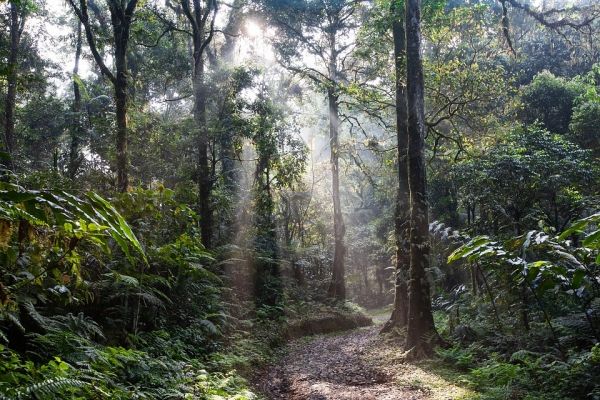Rainforests are a powerful, natural solution to combat climate change — providing water filtration, capturing carbon and regulating global temperatures. But major threats like large-scale land use changes, including agricultural expansion and clearcutting, have turned these biodiversity havens into one of the most endangered habitats on our planet.
In 2019, select scientists, including the University of Delaware’s Rodrigo Vargas, met at the National Geographic headquarters in Washington, D.C., to discuss the threats to rainforests. The researchers pinpointed a need to develop a worldwide tracking system, which would find trends to help fight land degradation and promote conservation.
In the paper published on Friday, July 23 in the scientific journal One Earth, these researchers introduce the unique tropical rainforest index (TFVI), a baseline for rainforests across the entire globe. The scientist’s goal is to detect and evaluate the vulnerability of rainforests to increasing threats. National Geographic and the Rolex Perpetual Planet Initiative funded the endeavor.
TFVI provides a snapshot of long-term observations, which began in 1982.
Read more at University of Delaware
Photo Credit: Kanenori via Pixabay


